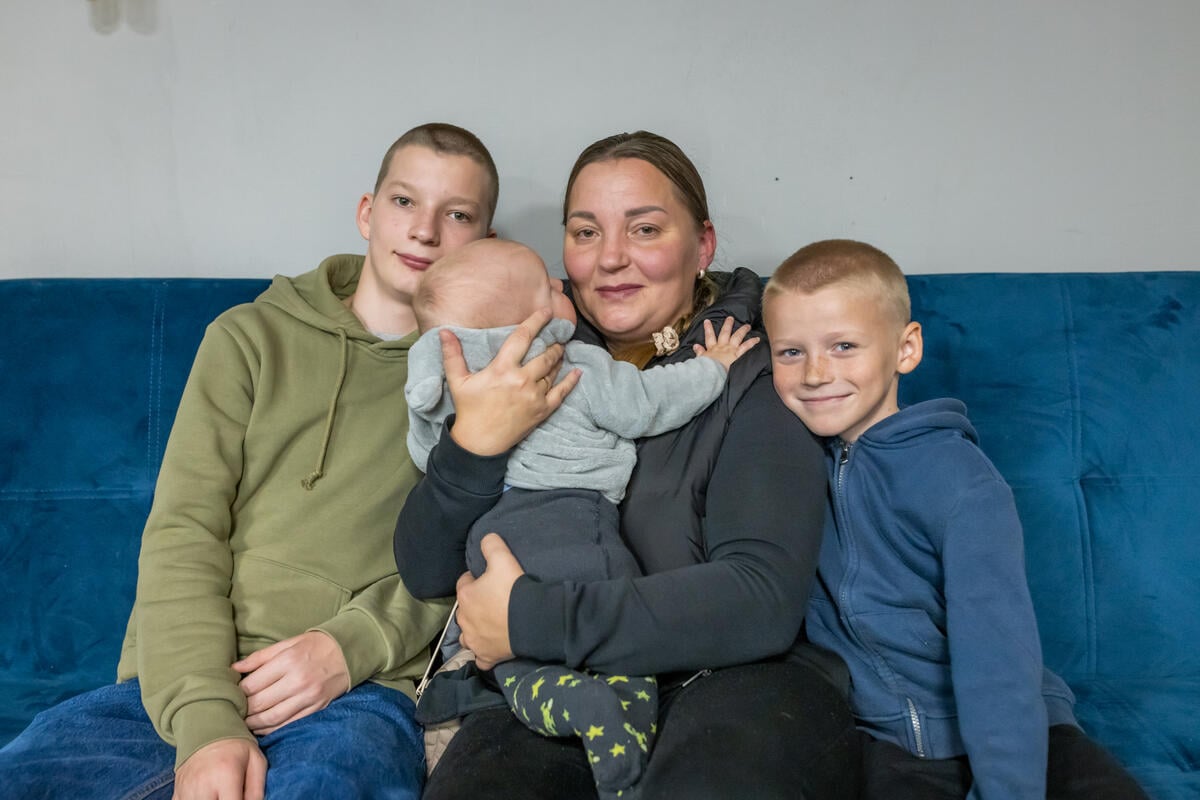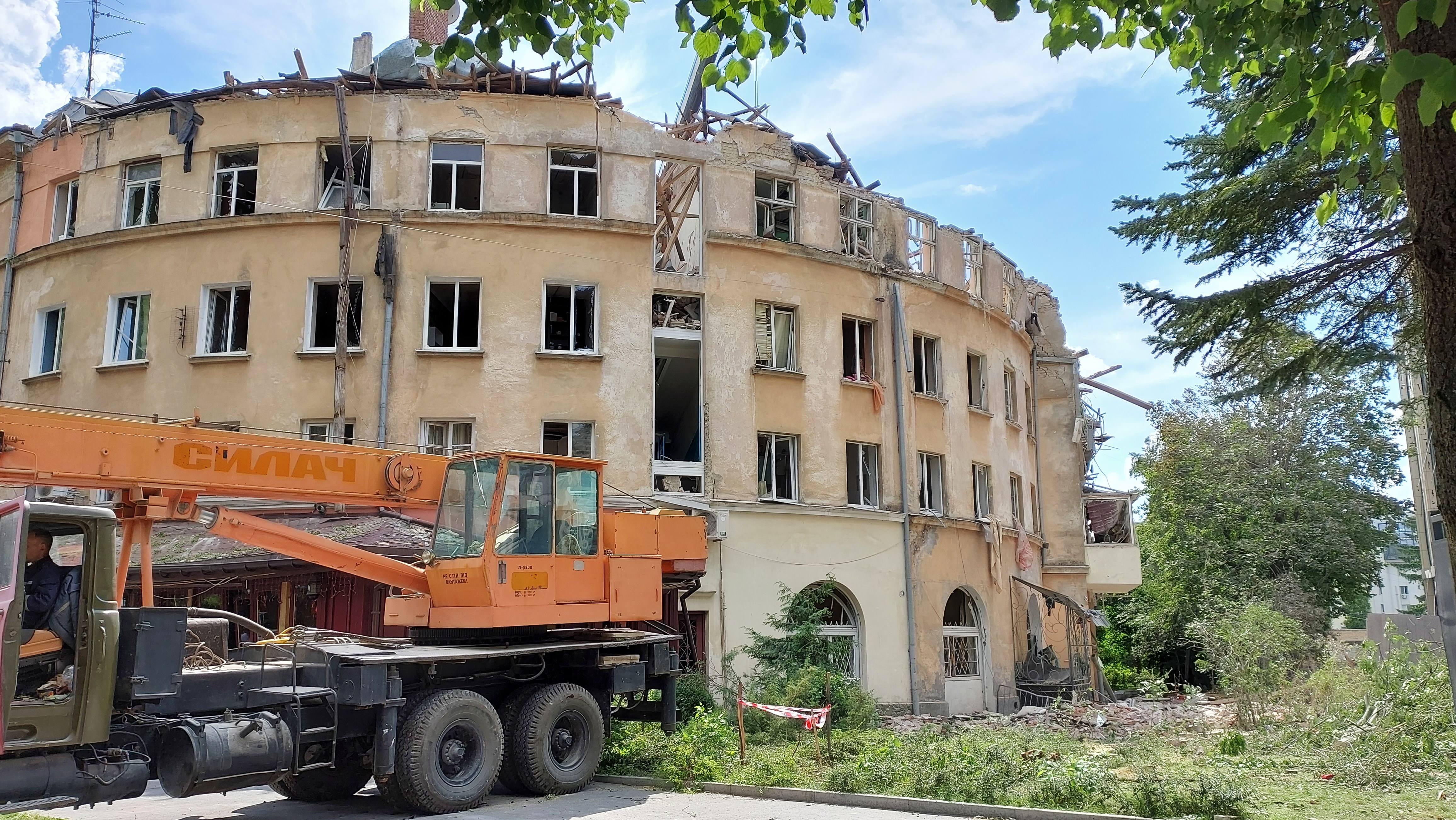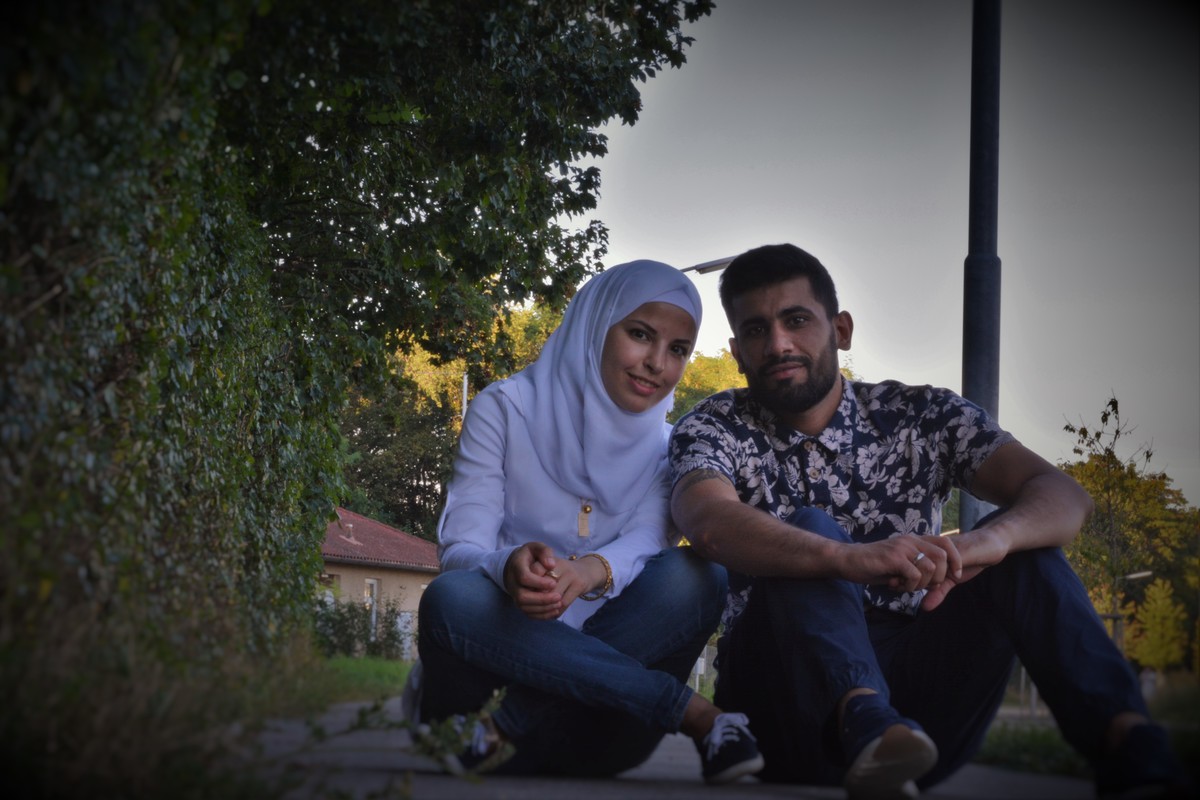Georgia/South Ossetia: HC to assess UNHCR operations and future support needs
Georgia/South Ossetia: HC to assess UNHCR operations and future support needs
High Commissioner António Guterres will travel to Georgia and the Russian Federation next week to assess UNHCR's humanitarian operations in both countries and to discuss with the two governments any further support they may require. Mr. Guterres will continue to press for the protection of the civilian population, particularly the displaced, and for access by humanitarian agencies.
UNHCR's third humanitarian airlift flight this week to Georgia is scheduled to take off for Tbilisi about now from Copenhagen with more than 38 tonnes of jerry cans, blankets, kitchen sets and telecommunications equipment. It follows two earlier flights from our emergency warehouse in Dubai on Tuesday and yesterday. With today's flight, UNHCR will have delivered more than 100 tonnes of relief supplies so far this week - enough for more than 50,000 people. In addition to the airlifted supplies being brought in to augment our own stockpiles already in Georgia, our office in Tbilisi has begun local procurement of various non-food items.
Next week, on Tuesday and Wednesday, UNHCR will send two airlift flights to Vladikavkaz, Russian Federation, following the acceptance by Russian authorities of an aid offer from the High Commissioner. UNHCR has an office in Vladikavkaz, North Ossetia, which will assist our Russian partners in receiving the supplies.
UNHCR, which has six offices in Georgia working on behalf of some 275,000 previously displaced people, is pressing ahead with plans to distribute assistance to the newly displaced as quickly as possible. Initial supplies have been delivered to some 2,000 people in and around the capital. Tents and other items were also delivered earlier to Gori, and a total of 20 UNHCR teams have fanned out across Georgia to conduct needs assessments.
A UNHCR emergency team has been deployed to the Caucasus with some 10 specialists. They will augment our current staff in Georgia of more than 50.
The security situation, however, remains a concern in some areas. Yesterday (Thursday), for example, a UNHCR security team travelling to Gori was held up by armed men at a checkpoint and their two vehicles hijacked. They were not injured and were picked up by journalists in another vehicle before returning to Tbilisi later in the day. Authorities in Gori later recovered our two vehicles.
The importance of safe passage for those affected by the conflict was highlighted over the past two days by a UNHCR operation that just ended this morning in western Georgia. Hundreds of Georgian civilians earlier this week requested our help after fleeing their homes in the Khodori Valley in Georgia's breakaway Abkhazia region. The group was fearful of passing through military checkpoints, so asked UNHCR's office in Zugdidi to accompany them to safety. In all, 732 frightened people were escorted by UNHCR staff in two convoys of private vehicles, trucks, buses and UNHCR lorries that travelled from the village of Tchuberi, some 80 km north of Zugdidi, to the town of Kutaisi. The second convoy finally reached Kutaisi at 3 a.m. today and everyone made it out safely, with no incidents.
The first makeshift convoy, carrying 541 people in some 40 private vehicles, trucks, buses and three UNHCR lorries, reached a temporary transit centre set up in the local stadium in Zugdidi on Wednesday evening. The displaced people received food, water and medical assistance before proceeding the same night to Kutaisi. The second convoy reached Zugdidi yesterday evening. It brought an additional 191 people from Tchuberi. The Georgian Ministry for Refugees and Accommodation provided help with the transport onwards to Kutaisi, where the displaced people are now accommodated in five government collective centres. We are following up on their needs today.
The latest estimates of displacement related to the conflict now total more than 118,000, based on figures provided by the governments. Russian officials in North Ossetia indicate some 30,000 people from South Ossetia are still in the Russian Federation. Georgian officials report that up to 15,000 people have fled south into Georgia proper from South Ossetia. In addition, some 73,000 people are displaced in Georgia proper, including most of the population of Gori - which is just south of the boundary with South Ossetia.








